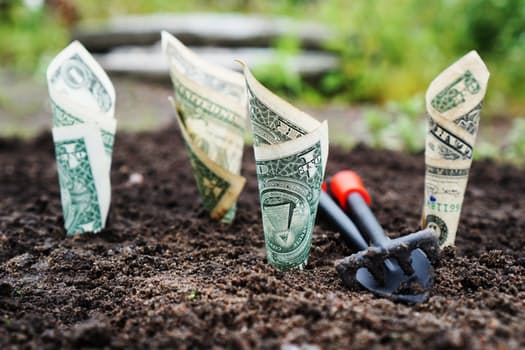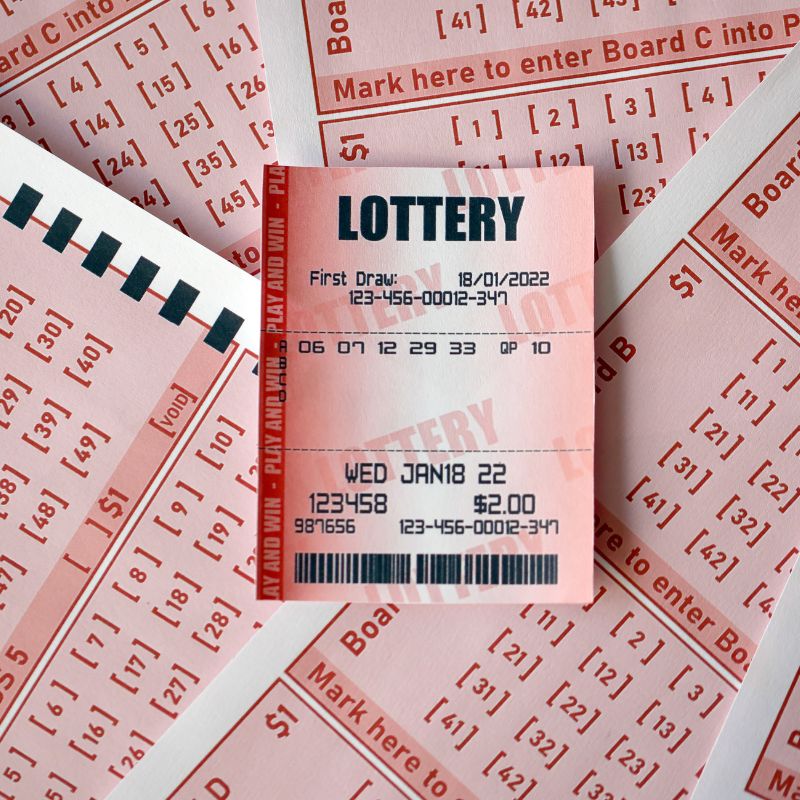Without a doubt, the most common question I get once people know about my long-term travel is, "How can you afford to travel the world?"
Five years ago I wrote a long article to answer how you can afford to travel the world (which is worth re-reading).
I won't repeat myself. Instead, I'll get more personal and reveal 9 ways that I make money nowadays. You can use these same ways. I'll end with 3 ways that I don't make money but might work for you. Together, you'll have a dozen ways to make money as a nomad. Pick your favorites.
9 ways I make money
1. Sell books
Although this is at the top of the list, don't think it's the number one way to make money as a nomad. Sure, we've all heard the amazing stories of Indie authors who make millions on Amazon, but they are one in 10,000. Don't bank on that. Even if you write an amazing book, that's not enough. More important than a book is good marketing.
The NY Times reported that ebook sales are stalling. The Observer argues that they're not. Regardless, for most Indie authors, ebooks bring in more revenue than physical books. That's true in my case.
Some nomads just write an ebook. That's certainly a good option if you prefer simplicity, but with LightningSource and CreateSpace, there's no reason you shouldn't offer a physical book option. You should also consider PublishDrive, Smashwords, Draft2Digital, Streetlib, or XinXii.
Just remember: there are three steps to making money on books:
- Writing it (harder than you think)
- Publishing it (hard if you go with a traditional publisher and it's rarely worth it, which is why I suggest self-publishing for most first-time authors)
- Promoting it (much hard than you think)
The promotion takes the most time and is the most challenging aspect, so before writing a book, come up with a marketing plan for the book. My books give me money every month. It's not much, but I appreciate every dollar.
2. Sell audiobooks
If you're writing a book, it's a no-brainer to make it an audiobook too. The number one reason to do the audiobook is that you'll catch typos along the way. Therefore, after finishing your book, do the audiobook immediately, before your book gets published.
Unfortunately, I didn't follow my own advice with The Hidden Europe. So a few typos sneaked in.
I did do an audiobook for Hike Your Own Hike, but I recorded it at a low bitrate that was too low, according to Audible, so I can't put it there. Argh! And I lost the original recording. So I may have to do redo it.
Don't expect much money from your audiobook. The main reason to do it is to check your book for typos.
3. Write freelance articles
If writing a book is too daunting (yes, it's good to feel daunted about it), then consider becoming a freelance writer. Most magazines and newspapers accept freelance submissions. I've made $1 per word, which is a good deal if you find it. Start small and work your way up.
My friend, Rachel Stern, is a journalist who started off humbly freelancing at a variety of periodicals. She even wrote many articles for the Huffington Post for free. With persistence, she's landed a correspondent position at the prestigious Christian Science Monitor.
Buy the Writer's Market for a reference manual of all the major periodicals, their freelance requirements, and what they pay.
4. Sell videos
Just like I sell books and audiobooks, I also sell videos. Most of my videos are downloadable, but the pilot episode of The Unseen Africa is also available as a DVD or Blu-Ray.
I sell stock videos too. I've done some of that to earn several hundred dollars. If I stuck with it, I could make hundreds or even thousands of dollars per month on it.
You could also sell stock images and photography. It's extremely competitive, but if it's what you love, then go for it.
I have little experience in this area but I know that Vimeo and other websites let you sell your videos. Once again, it's doubtful that you'll make much money, so do it because you love to do it. Ask yourself, "Would I do this if I knew only 10 people will buy it?" If the answer is yes, then go for it; otherwise, rethink your marketing or pick another way to make money.
5. Sell ads on your website
I sell ads on my website, but I could do a lot more. Be careful, though. Google penalizes websites that sell do-follow links. On the other hand, no-follow links generate far less interest from advertisers.
Don't expect to hit a gold mine. To make significant money selling ads, you need significant traffic. To get significant traffic, you need to devote a significant amount of your time. Therefore, once again, unless you're passionate about developing your website, don't bother.
6. Public speaking
Up until 2013, most of my public speaking engagements were free. I've changed my policy since then and I've made some money. Obviously, I hope to make more when I return the USA and promote The Unseen Africa.
As with most of these suggestions, it's a slow way to make money. You have to give speeches for free for a few years before you can make some money. And even then, it's small money, most of the time. Moreover, even professional speakers should give free speeches once in a while, just like I did for





